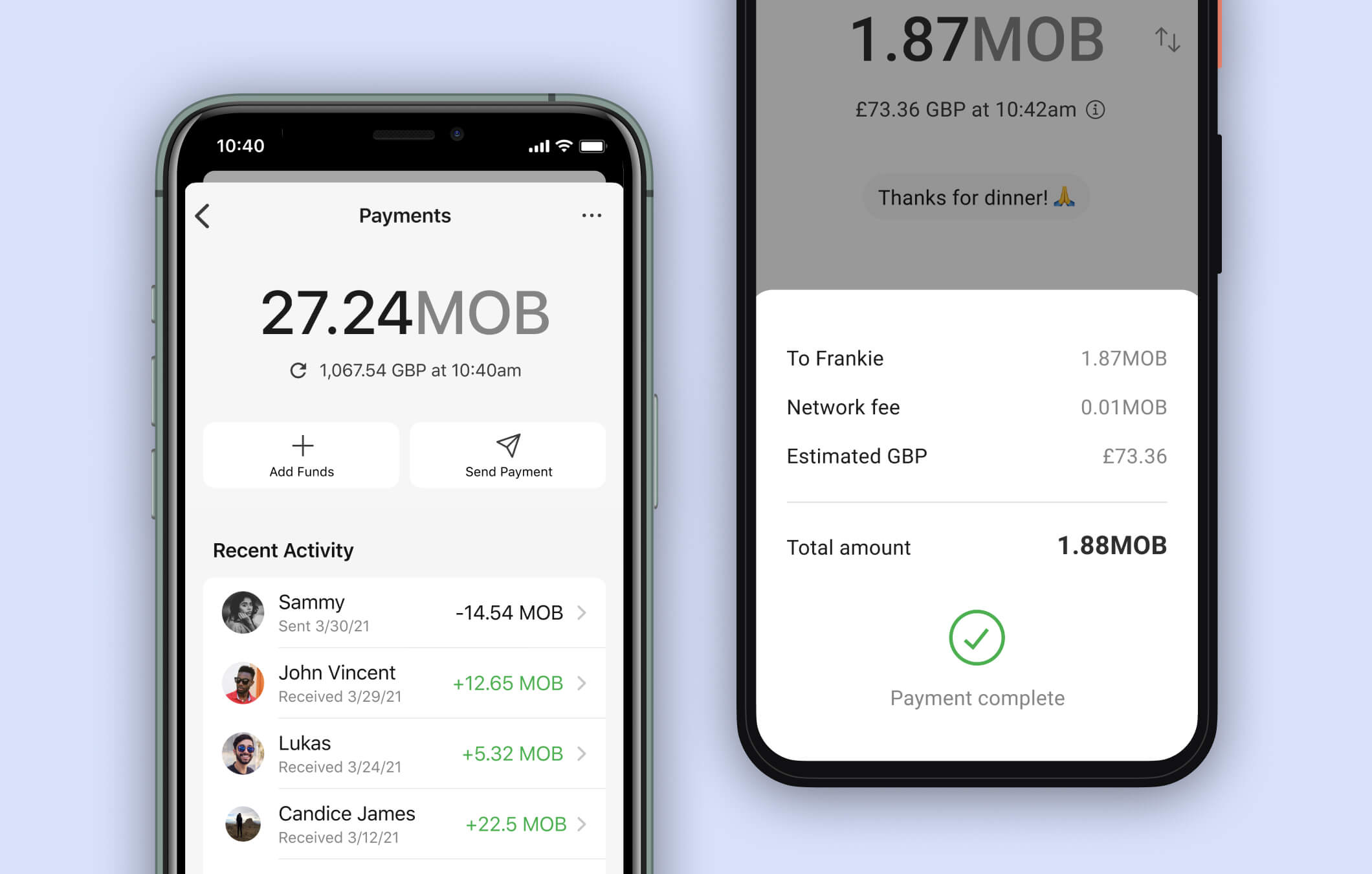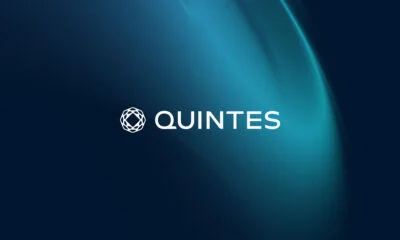News
Signal Now Supports In-App MobileCoin Cryptocurrency Payments
Signal’s latest beta version has introduced a new payment feature, called Signal Payments, allowing users to send and receive cryptocurrency from within the app.

The latest beta version of the privacy-oriented instant messaging platform Signal has introduced a new cryptocurrency payment feature, called Signal Payments, allowing its users to send and receive MobileCoin tokens directly from the Signal app.
Initially, the cryptocurrency payment feature will be available only to Signal users living in the United Kingdom, but support for more regions is planned for the future.

Signal
“Signal Payments makes it easy to link a MobileCoin wallet to Signal so you can start sending funds to friends and family, receive funds from them, keep track of your balance, and review your transaction history with a simple interface,” explains Signal in the official announcement. “As always, our goal is to keep your data in your hands rather than ours; MobileCoin’s design means Signal does not have access to your balance, full transaction history, or funds.”
Following the launch of the beta integration of MobileCoin, the value of a single MOB token jumped from $7 to over $60.
It’s no coincidence that MobileCoin was picked as the first cryptocurrency supported by the messaging app. The platform’s founder, Moxie Marlinspike, is listed as MobileCoin’s technical adviser, and some keen observers have pointed out that his involvement could be much deeper than both he and MobileCoin admit.
According to an early version of the MobileCoin whitepaper, Marlinspike was the project’s original CTO. If this information is true, then the decision to integrate MobileCoin should raise some serious questions among users, questions some members of the crypto community have already voiced their opinions.
Also Read: What Will Happen If You Don’t Accept WhatsApp’s New Privacy Changes?
“Signal sold out their user base by creating and marketing a cryptocurrency based solely on their ability to sell the future tokens to a captive audience,” said Bitcoin Core developer Matt Corallo, who also used to be a contributor.
MobileCoin CEO Joshua Goldbard disputed the authenticity of the whitepaper, claiming that it wasn’t written by anyone at MobileCoin even though the project’s current whitepaper is almost identical to it. Marlinspike refused to say anything about his professional relationship with MobileCoin.
News
Samsung Smart Glasses Teased For January, Software Reveal Imminent
According to Korean sources, the new wearable will launch alongside the Galaxy S25, with the accompanying software platform unveiled this December.

Samsung appears poised to introduce its highly anticipated smart glasses in January 2025, alongside the launch of the Galaxy S25. According to sources in Korea, the company will first reveal the accompanying software platform later this month.
As per a report from Yonhap News, Samsung’s unveiling strategy for the smart glasses echoes its approach with the Galaxy Ring earlier this year. The January showcase won’t constitute a full product launch but will likely feature teaser visuals at the Galaxy S25 event. A more detailed rollout could follow in subsequent months.
Just in: Samsung is set to unveil a prototype of its augmented reality (AR) glasses, currently in development, during the Galaxy S25 Unpacked event early next year, likely in the form of videos or images.
Additionally, prior to revealing the prototype, Samsung plans to introduce…
— Jukanlosreve (@Jukanlosreve) December 3, 2024
The Galaxy Ring, for example, debuted in January via a short presentation during Samsung’s Unpacked event. The full product unveiling came later at MWC in February, and the final release followed in July. Samsung seems to be adopting a similar phased approach with its smart glasses, which are expected to hit the market in the third quarter of 2025.
A Collaborative Software Effort
Samsung’s partnership with Google has played a key role in developing the smart glasses’ software. This collaboration was first announced in February 2023, with the device set to run on an Android-based platform. In July, the companies reiterated their plans to deliver an extended reality (XR) platform by the end of the year. The software specifics for the XR device are expected to be unveiled before the end of December.
Reports suggest that the smart glasses will resemble Ray-Ban Meta smart glasses in functionality. They won’t include a display but will weigh approximately 50 grams, emphasizing a lightweight, user-friendly design.
Feature Set And Compatibility
The glasses are rumored to integrate Google’s Gemini technology, alongside features like gesture recognition and potential payment capabilities. Samsung aims to create a seamless user experience by integrating the glasses with its broader Galaxy ecosystem, starting with the Galaxy S25, slated for release on January 22.

























